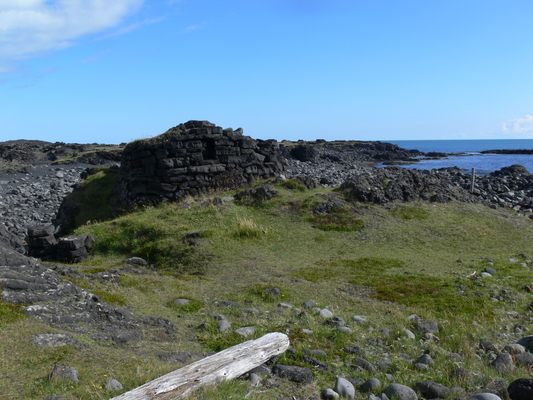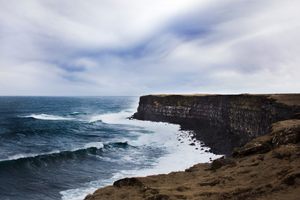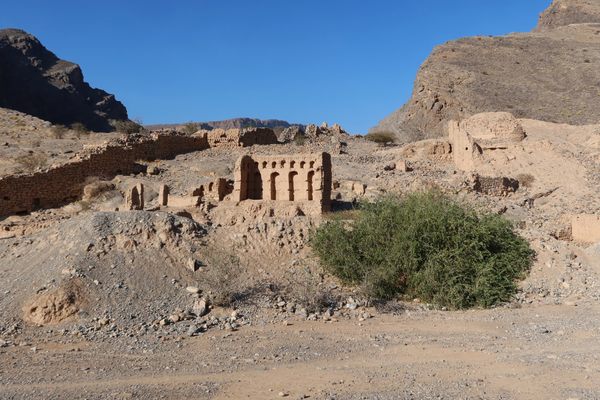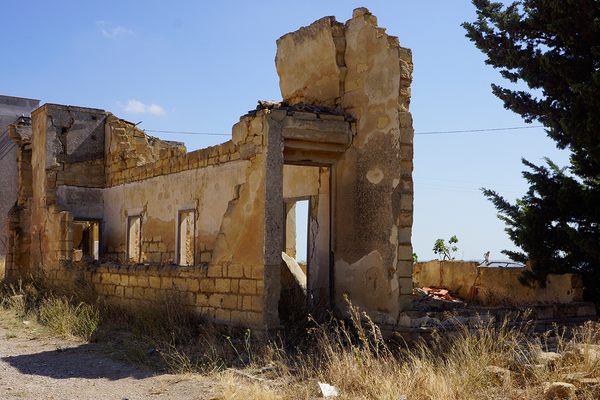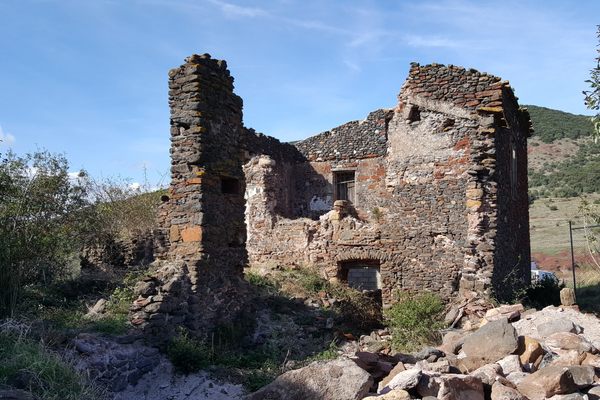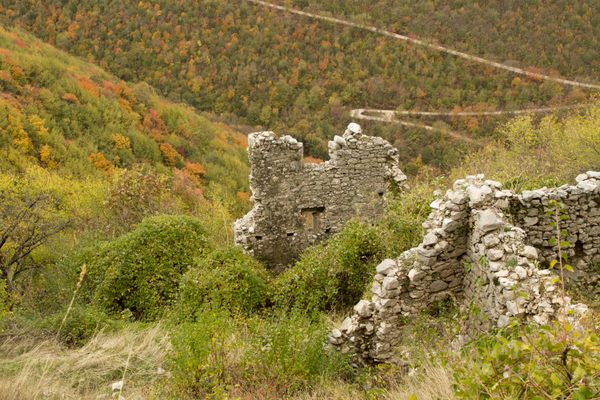About
A stretch of lava rocks and black sand holds the last remnants of a once-thriving fishing village. The abandoned settlement has an eerie atmosphere, with rough seas and raging winds adding a distinct air of danger.
Every spring, from the Middle Ages up until 1884, fishermen descended upon the rocky earth at Selatangar. The men spent their days reaping the sea’s bounty, retiring to land to rest and store their equipment while the same turbulent waters they harvested thrashed along the nearby shore. They lived in ramshackle stone huts that looked more like caves than homes.
It was a stark, dreary existence. The ocean made its fury known, and the exposed settlement was forced to endure furious winds and a harsh, often wet climate. After Iceland began industrializing in the 19th century, Selatangar, like many other fishing villages, was abandoned. Now, all that remains is a handful of crumbling stone huts scattered around the site.
Modern explorers who stumble upon the rugged ruins can clearly envision the harrowing conditions those who lived within the village once faced. It’s easy to understand how the unforgiving environment gave rise to legends of ghostly hauntings. According to some, a ghost named Tanga Tomas still roams what remains of the village.
Related Tags
Know Before You Go
The village is located on the southern coast of the Reykjanes Peninsula. It's about 10 minutes east of Grindavik, down 427. You'll see a sign indicating the path that leads down to the parking lot on your right. You will need a four-wheel drive car to get there. Once parked, walk down a path of sand, hopefully marked by footprints, toward the coast. Don't worry about getting lost; as long as you continue south toward the ocean from the parking lot you should see the village. Similarly, your car will be very visible on the walk back north.
Iceland in Winter: Northern Lights & Geothermal Marvels
A land of folklore and myths on a backdrop of remarkable natural wonders.
Book NowCommunity Contributors
Added By
Published
February 6, 2018

